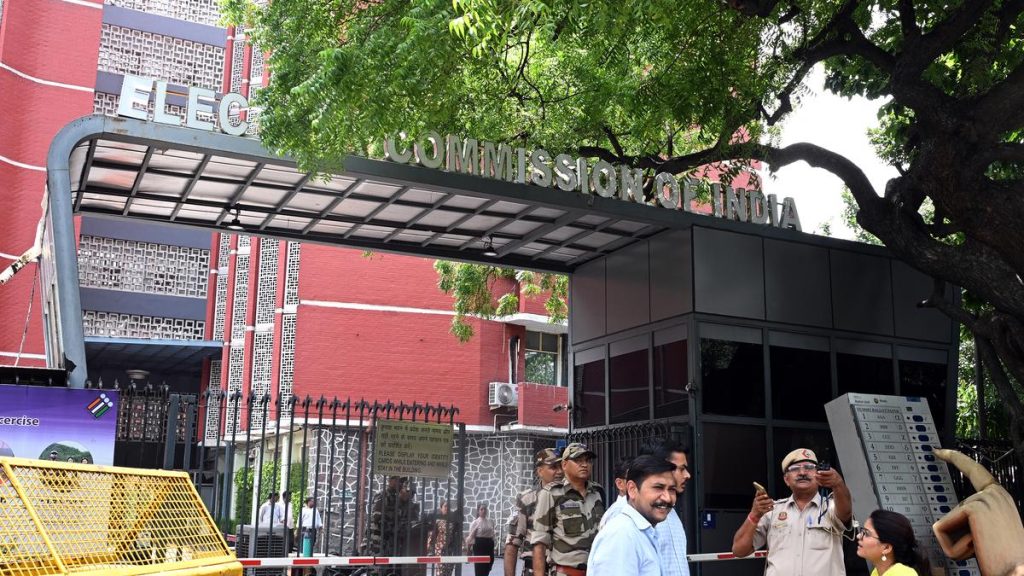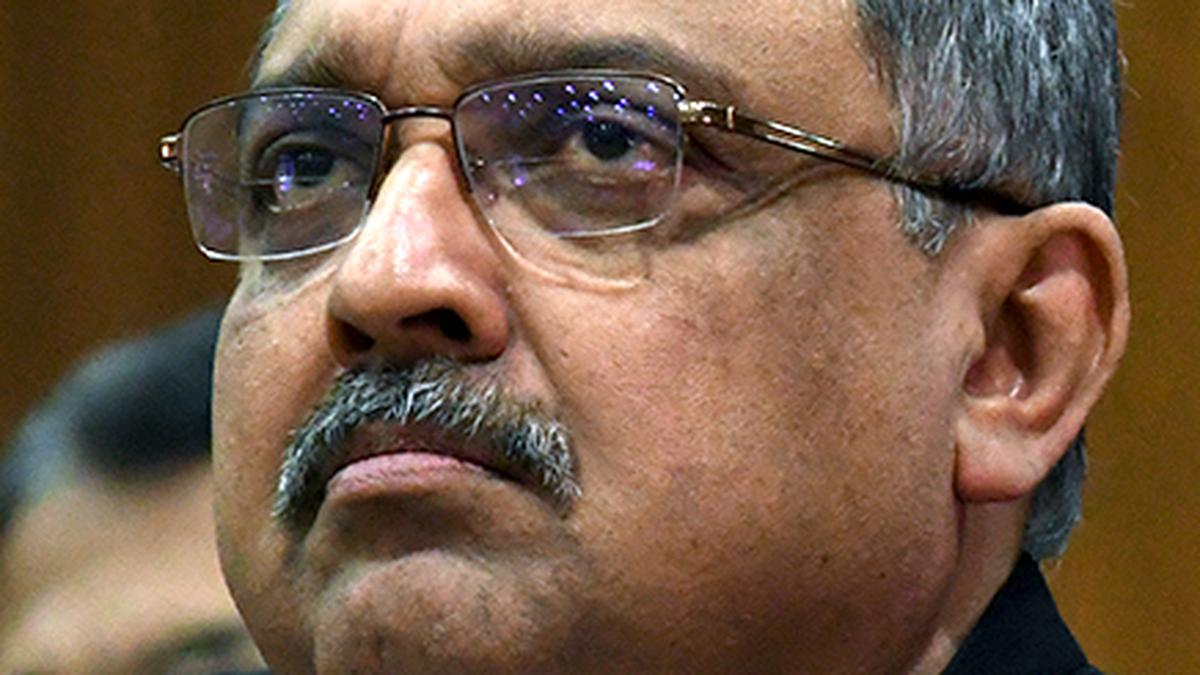Now Reading: Kerala Cooperative Union Raises Concerns Over National Cooperation Policy 2025
-
01
Kerala Cooperative Union Raises Concerns Over National Cooperation Policy 2025
Kerala Cooperative Union Raises Concerns Over National Cooperation Policy 2025

Quick Summary
- The Union government unveiled the National Cooperation Policy 2025 in July 2025.
- The Left-backed Kerala Cooperative Employees Union (KCEU) has criticized the policy, alleging it reflects political and financial motives of the BJP-led central government.
- KCEU announced a Raj Bhavan march and Statewide protests on August 20, 2025, against the policy.
- KCEU general secretary N.K. Ramachandran claims that the policy encroaches on States’ authority as cooperative societies fall under Entry 32 of the State List in the Seventh Schedule of India’s Constitution.
- KCEU argues that Kerala’s cooperative sector, contributing to about 70% of India’s national average for such institutions, coudl be adversely impacted.
- The Multi-State Cooperative Societies (MSCS) Act passed by Parliament in July 2023 is believed by KCEU to undermine public and State control over MSCSs currently operating in Kerala. There are reportedly no clear disclosures regarding governance or shareholders for these societies.
- CPI(M) leader Elamaram Kareem will inaugurate protests outside Raj Bhavan on august 20; demonstrations are also planned across district headquarters on this day.
Indian Opinion Analysis
The debate surrounding the National Cooperation Policy 2025 underscores broader tensions between centralization and federal autonomy. Cooperative societies being constitutionally listed under States’ purview highlights conflicting interpretations of jurisdiction. Critics from Kerala emphasize potential harm to a robust local cooperative system that plays a meaningful role nationally.
The lack of clarity around governance structures for multi-State Cooperative Societies accentuates concerns over transparency and accountability – critical factors in improving public trust. Additionally, regional apprehensions about increased central control may exacerbate political divides unless there is room for substantive dialog between stakeholders. This scenario presents an chance to refine policies ensuring both national cohesion and respect for constitutional boundaries.

























